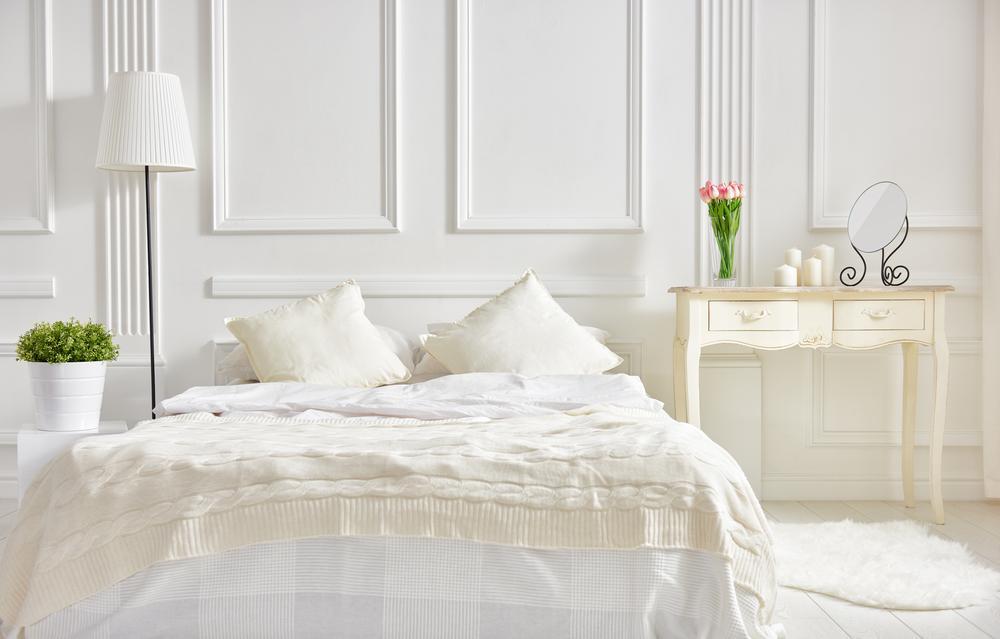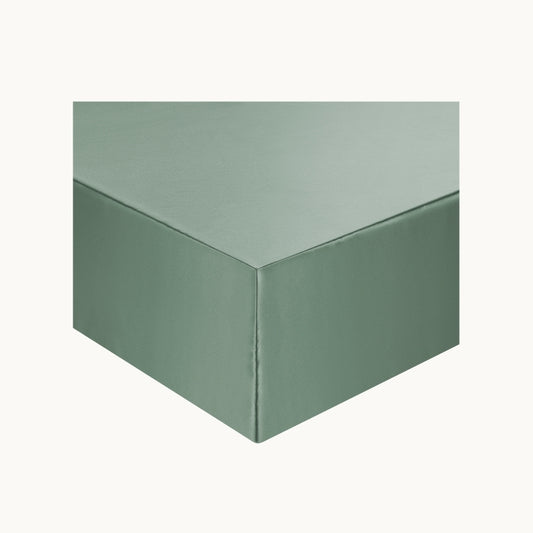Feng Shui is an ancient Chinese philosophy based on the notion of harmonising people with their surroundings. Most widely used in interior design, it has origins in Daoism and first became popular in western cultures during the 1960s. Feng Shui can be translated as “wind-water” in English, and the practice is based on the manipulation of energies. This manipulation is believed by many to turn negative energies into positive energies, bringing people happiness and peace. The pra...

Can Feng Shui Affect Your Sleep?
Posted on 24 November 2020Feng Shui is an ancient Chinese philosophy based on the notion of harmonising people with their surroundings. Most widely used in interior design, it has origins in Daoism and first became popular in western cultures during the 1960s. Feng Shui can be translated as “wind-water” in English, and the practice is based on the manipulation of energies. This manipulation is believed by many to turn negative energies into positive energies, bringing people happiness and peace. The practice was widely suppressed in China for many years, but re-emerged in the 20th Century. Feng Shui is classed as one of the Five Arts of Chinese Metaphysics. When used in interior design, feng shui affects the placements of objects in a room and the colour schemes and textures used when decorating. While it is most often used in living rooms, the same principles can also be applied to bedrooms, so we’ve spoken to several feng shui experts to find out how feng shui affects sleep and how feng shui principles can be applied in the bedroom to give us a better night’s sleep.

Rachael Kilby-Tyre, Design DirectoR
Choose a relaxing colour scheme – so either a monochromatic or a harmonious colour combination; keep colours soft and avoid intense shades in high proportions. Avoid yellow in a bedroom, as it can keep the mind active, cause restless sleep, and sometimes result in nightmares. Try and incorporate lots of textures into your room to add depth and interest. Choose quality bed linen and textured bed throws to make the room feel luxurious and indulgent. Good bedding is important, but you also need a good quality bed and a supportive mattress. Lighting is really important too: ambient lighting will create a calming environment within the room, but good task lighting may be required for reading. If you live in a city or a town, think about using black-out linings or window treatments to block out any excess light from street lamps. Finally, make sure you have sufficient storage, so your room is not cluttered – once things are left lying around, the room will no longer feel relaxing.

Denise O’Dwyer, FENG SHUI CONSULTANT
The bedroom is important because that’s where you spend a third of your life. It’s also where you go to restore your qi, so it is very much connected to your health, well-being, and relationships! Sleeping is a yin activity, so the bedroom needs to be set up to support that. The first thing to do is make sure nothing is blocking the entrance to the room on the inside or outside of your bedroom door. I have lost count of how many clients I have visited where the bedroom door doesn’t fully open because of dressing gowns, books, packing cases (yes, really) and general clutter. Anything that is overtly yang, such as exercise equipment or computers, has no place in the bedroom. One of my clients was trying to get pregnant and it just wasn’t happening. It turns out that they loved to play the harp and kept a full-sized orchestral version in the bedroom. Harps are a well-known yang item, so I suggested they remove it and, not long after, they were expecting their new baby. The shape of your bedroom is also incredibly important; you should never sleep in a round room. Similarly, you should avoid using L-shaped rooms as the master bedroom, as these odd shapes create negative qi. Rooms with pointed ceilings are also problematic. These are normally attic conversions where the ceiling is in the pitch of the roof, causing qi to bounce around unnaturally. Luckily, this type of ceiling is great for shorts periods of yang activity, so would work well in a children's playroom. When it comes to the location of your bed, never put it under a sloping ceiling, as this will cause those that sleep in the bed to suffer from headaches and other health problems. Additionally, don’t sleep under a visible ceiling beam. This is especially bad for couples, as a beam running along the middle of the length of the bed will energetically separate a couple. Sadly, this had previously happened to one of my clients. When I went into the bedroom the ceiling beam ran lengthways – exactly between where the couple lay in bed. It’s possible that their relationship would have survived had they slept in a different room or simply changed the position of their bed. Ultimately, the single most important factor when choosing where to put your bed is to make sure it is positioned with the head against a solid wall, as this will have great benefits for your long-term mental health.
 For an even more comfortable night's sleep, try our silk nightwear.
For an even more comfortable night's sleep, try our silk nightwear.










